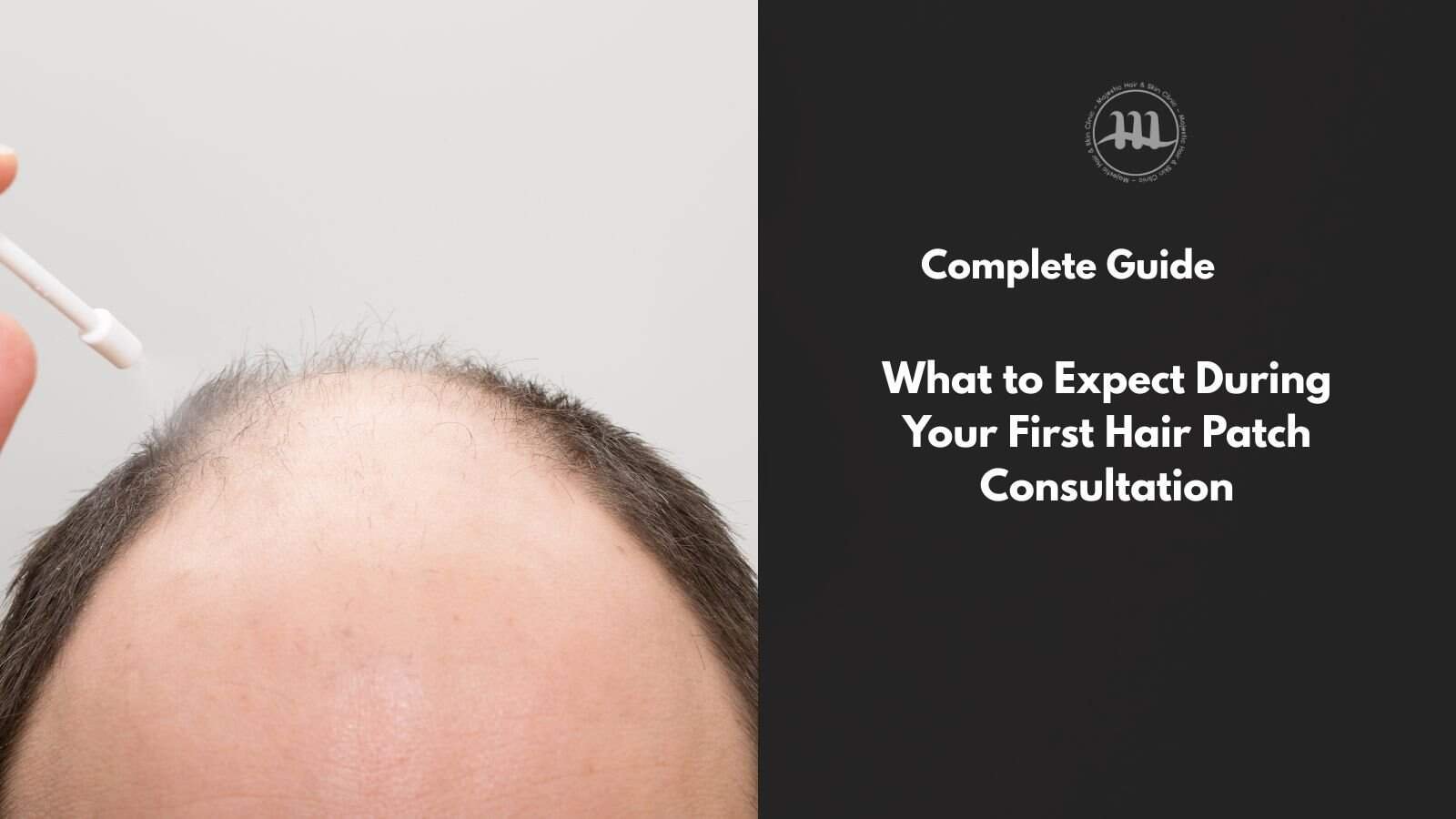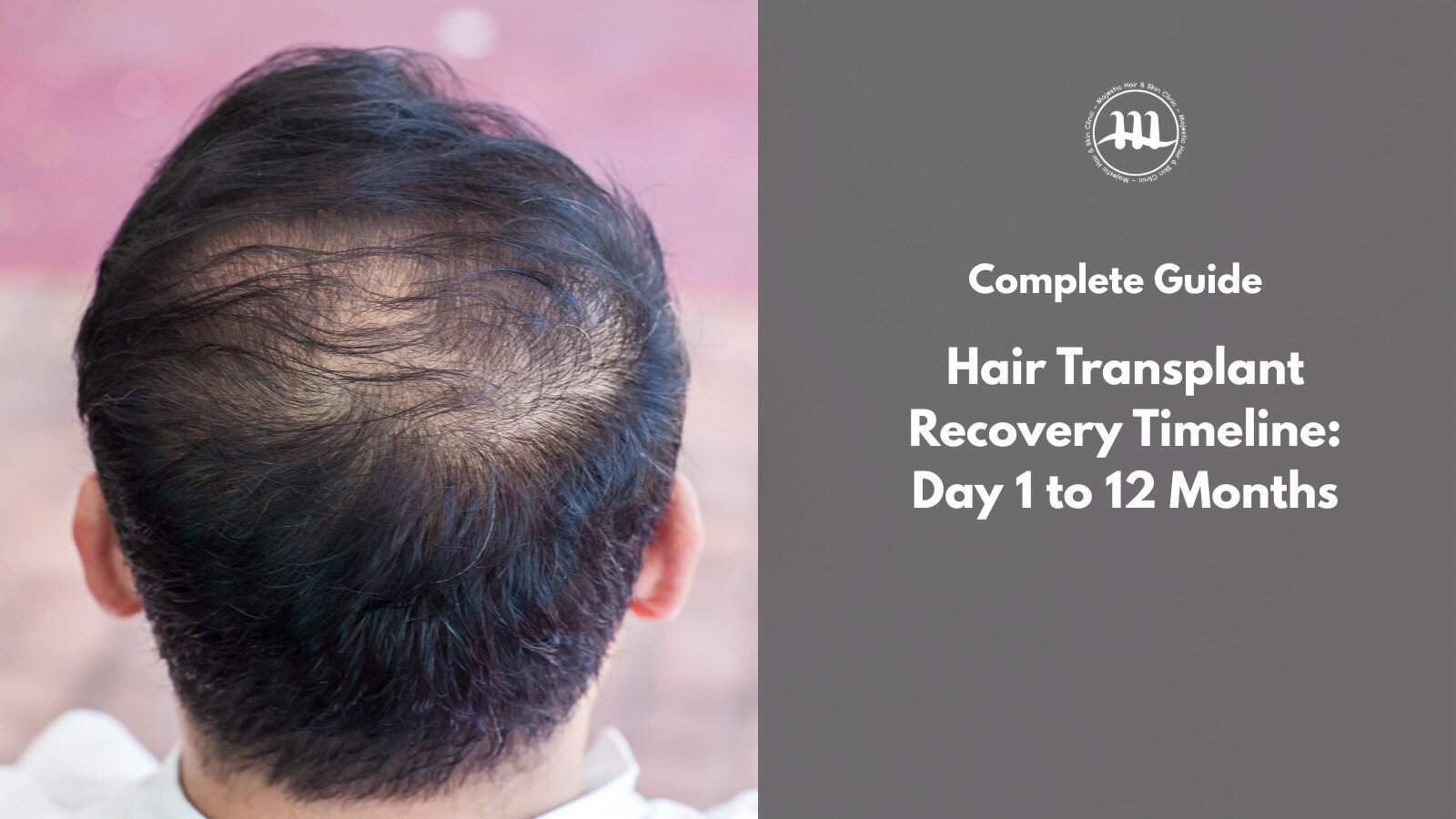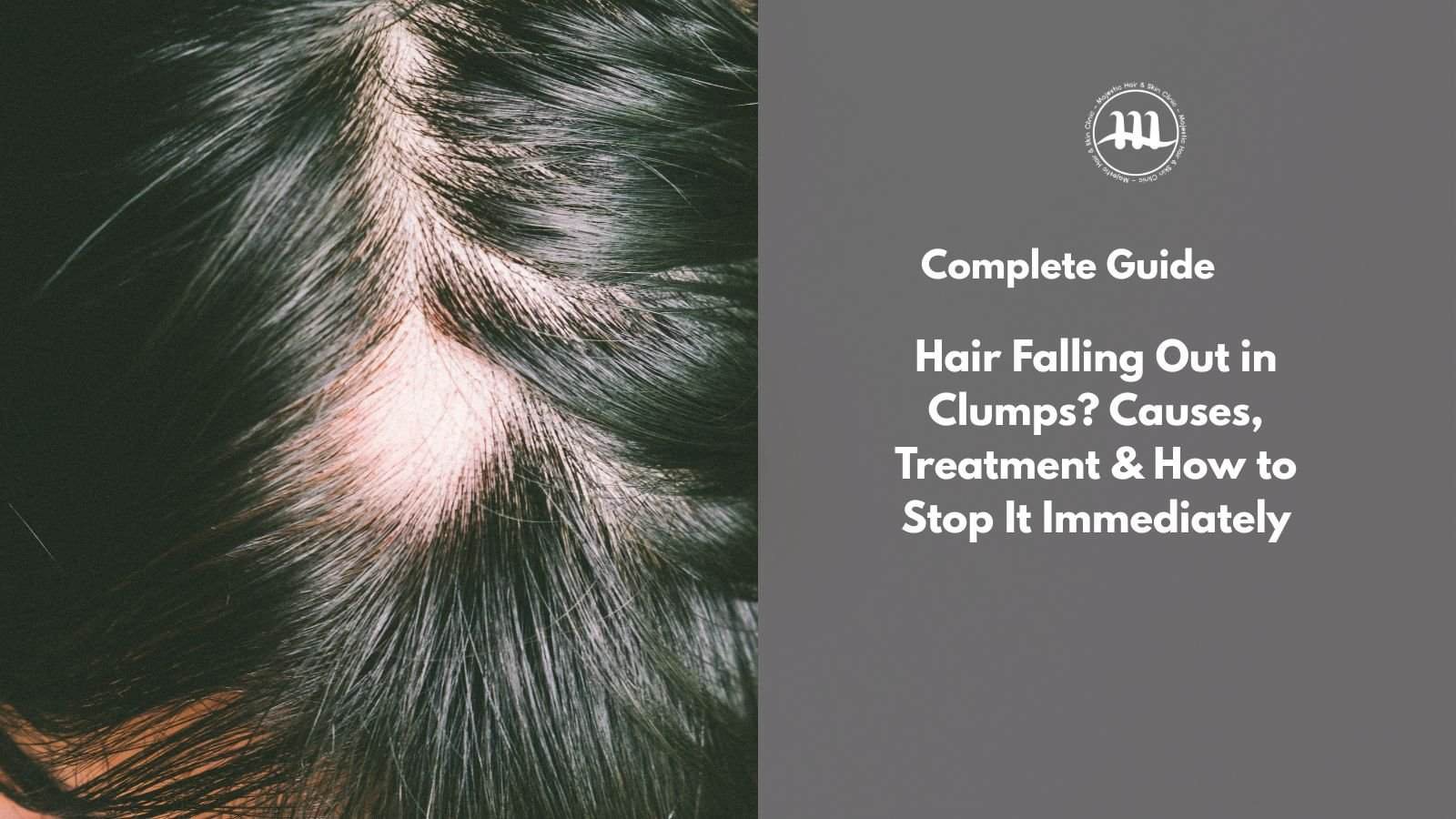Hair loss can be distressing, and for many, hair transplant surgery offers a long-term solution. But a common question remains: “Is hair transplant surgery permanent?” In this blog, we’ll explore the longevity of hair transplants, how the procedure works, and what you can expect over time.
What is Hair Transplant Surgery?
Hair transplant surgery is a cosmetic procedure that involves transferring hair follicles from one part of the body (usually the back or sides of the scalp, known as the donor area) to the balding or thinning areas. The two most common techniques are:
- FUE (Follicular Unit Extraction)
- FUT (Follicular Unit Transplantation)
Both methods aim to restore natural-looking hair growth with minimal scarring.
Is Hair Transplant Surgery Permanent?
In most cases, yes, hair transplant surgery is permanent. The transplanted hair follicles are typically resistant to the hormone DHT (dihydrotestosterone), which is the primary cause of male and female pattern baldness. Once transplanted, these follicles continue to grow hair for a lifetime.
However, it’s essential to understand a few factors that influence long-term results:
1. Quality of Donor Hair
The durability of the transplant largely depends on the health and density of the donor hair. Strong, healthy follicles have a higher survival rate and provide more permanent outcomes.
2. Skill of the Surgeon
An experienced and skilled hair transplant surgeon ensures that the follicles are placed at the right angle, depth, and density, which affects the natural appearance and longevity of the results.
3. Post-Surgery Care
Proper post-transplant care is crucial. Avoiding smoking, alcohol, sun exposure, and following your doctor’s instructions can significantly improve the success of your hair transplant procedure.
Does Transplanted Hair Fall Out?
Yes, but temporarily.
Within the first few weeks after surgery, you might experience “shock loss,” where the transplanted hairs fall out. This is a normal part of the process. New permanent hair growth typically begins within 3 to 4 months and continues to improve over 12 to 18 months.
Can You Lose Hair After a Hair Transplant?
While the transplanted hair is usually permanent, the surrounding non-transplanted hair may continue to thin over time. That’s why some patients require multiple sessions or combine surgery with treatments like:
- PRP (Platelet-Rich Plasma) therapy
- Hair growth medications like minoxidil or finasteride
How to Maintain Transplanted Hair
To ensure the longevity of your hair transplant results, follow these tips:
- Use gentle hair care products
- Avoid harsh styling tools or chemicals
- Maintain a healthy diet and lifestyle
- Consider ongoing medical treatments for hair loss
- Schedule regular follow-ups with your hair restoration clinic
Conclusion
Hair transplant surgery is a permanent solution for hair loss in most individuals, especially when performed by an expert. While maintenance and care are essential, the transplanted hair is designed to last a lifetime and offers natural, long-lasting results.
If you’re considering a permanent hair loss treatment, consult a trusted hair transplant specialist to understand your options and expectations.







